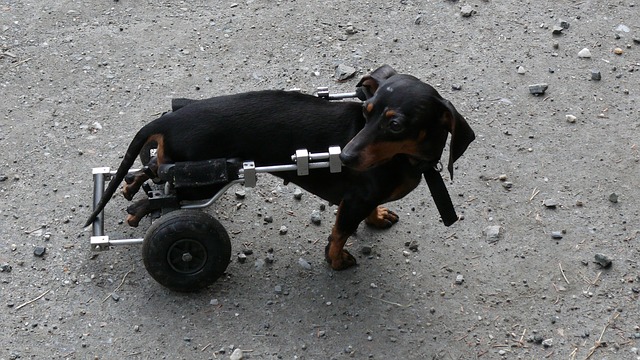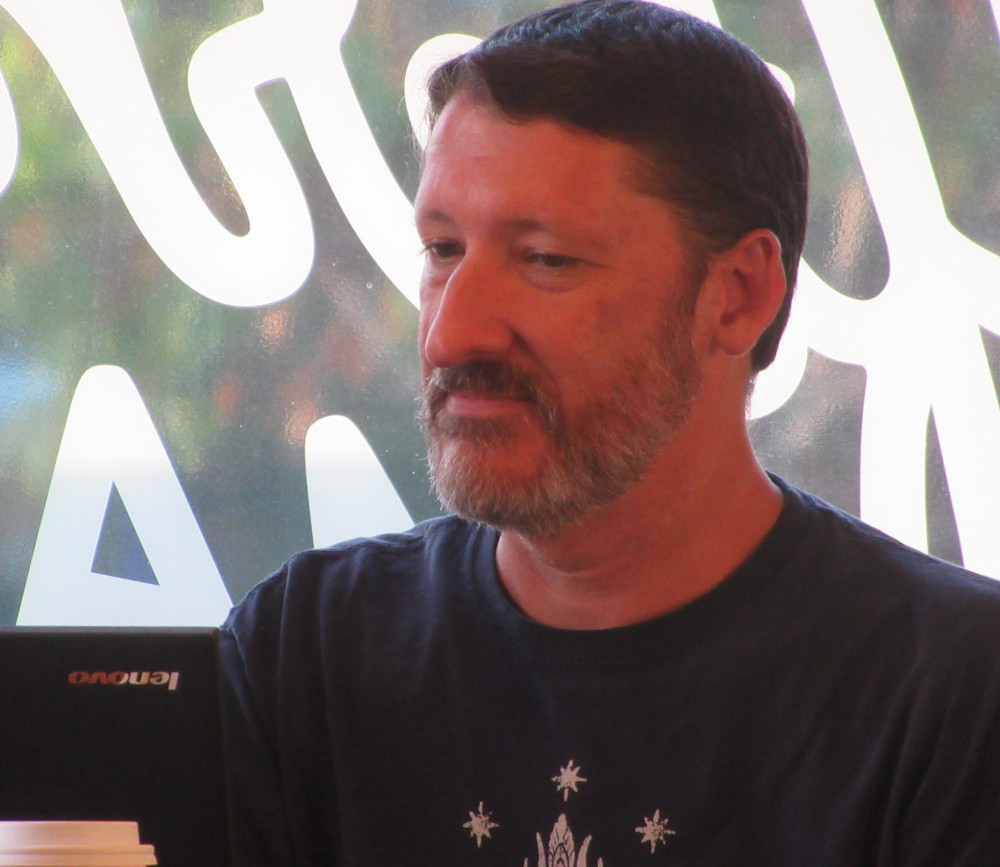One common problem in the Christian world, particularly in charismatic circles, is the over emphasis and separation of the spirit. Too often, we pray for healing without asking God what needs to be done. We believe the spirit should override everything else. If not, it’s a lack of faith. We have such a limited understanding of things as humans. We’re like children expecting our rich father to fix whatever comes up. When healing hurts, we see it as a failure.
The problem is we don’t have the big picture, only our own limited view of the situation. It’s sadly common that I hear someone’s psychological difficulties dismissed as simple lack of faith. As often, I hear someone complain about God not healing their physical ailment instantly. They believe the spirit should override the other parts. They found a verse that must make it true. But we are three parts; body, mind and spirit. We regularly ignore, or simply don’t understand the interaction between the three.
The church as a whole tends to ignore the fact that we can’t exist without all three parts. In many circles, it’s been taught that the spirit is the only real part of us. But that is a mistaken view. Even when we pass on and go to Heaven, we will have better, incorruptible bodies – not none. We will always require a body as much as we will require a mind and spirit. All three combine to make us who we are. When a problem persists in one part, we shouldn’t isolate it and consider it on its own. It could be an indication that another part needs to be fixed.
With this in mind, how is it baffling to us that God would allow a physical, psychological or spiritual problem to persist? Maybe it’s a side effect of something else. What other part might God be working on through that process? He wants us to grow and mature, not sit around like spoiled children expecting Daddy to accommodate our every desire. And it shouldn’t be a foreign concept to us. This is how the rest of life works. Does an athlete become great without years pushing his body to its limits? Does an artist become a master without hundreds of failed pieces?
No. What makes us better is the labor and pain and years spent wondering when, why, how and if our desires will be fulfilled. It should drive us to God. It should remind us to trust him and his methods, even the adversity. Spiritual, psychological and physical growth all require adversity. As James suggests, we should “consider it all joy”, knowing we’ll be better for it.
Am I suggesting we stop praying for healing or deliverance from problems? Absolutely not. I’m suggesting we stop criticizing God for his chosen method of providing these things. Instead of being blinded by the one aspect that’s causing pain, we should focus on our whole being and try to find God’s purpose; and once found, participate for our own improvement. When we ask for help, who are we to disdain the form in which it arrives?
This is not to say we should seek out pain and misfortune. Nor should we passively accept any bad thing that happens. This would not be beneficial. While growth does not occur with out adversity, the rewards of growth and gifts from God should be gratefully accepted.
But physical and psychological problems are not necessarily a spiritual deficiency. And although God can do anything, it doesn’t mean there will always be miracles. Sometimes the pain keeps us humble. Other times it drives bad habits from us. Sometimes it gives us understanding that we’ll need for another approaching situation. Maybe what we’re going through right now is training, not punishment or deficiency. Then again, maybe it’s out of place and we should be fighting it and asking God for help.
This is why it is most important that we spend time with God. After all, this is why we were created, and it is the only way to know his will. It is how we know whether our adversity is the problem or the answer to our problem. In our busy world full of distractions like no other time before us, let us not forget to commune with God. It is the entry point to everything we need, and the best way to know what to do.
Full disclosure: I have not yet mastered my own advice.


October 16, 2016 at 2:33 pm
Really appreciated this. =)